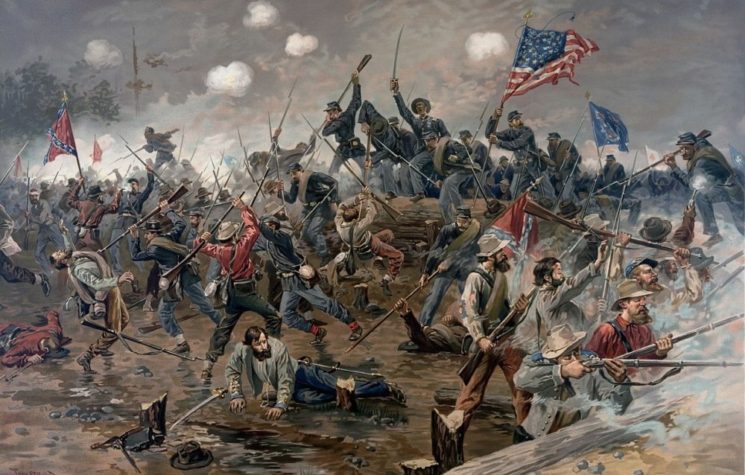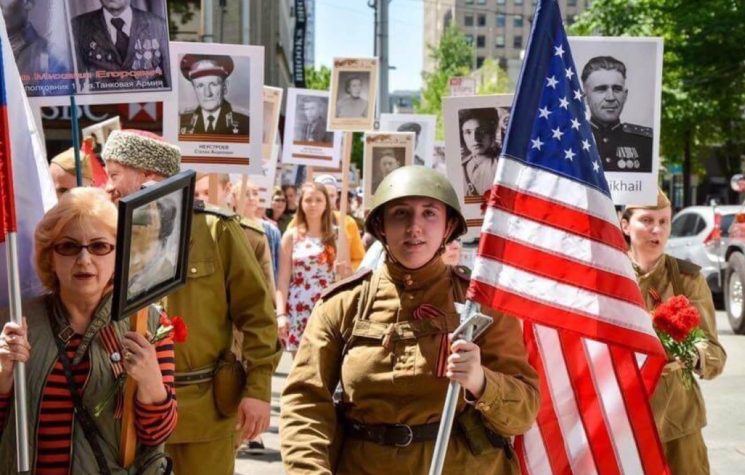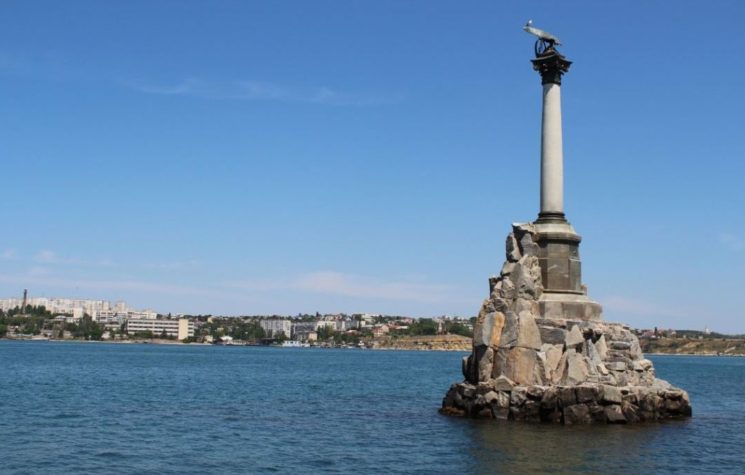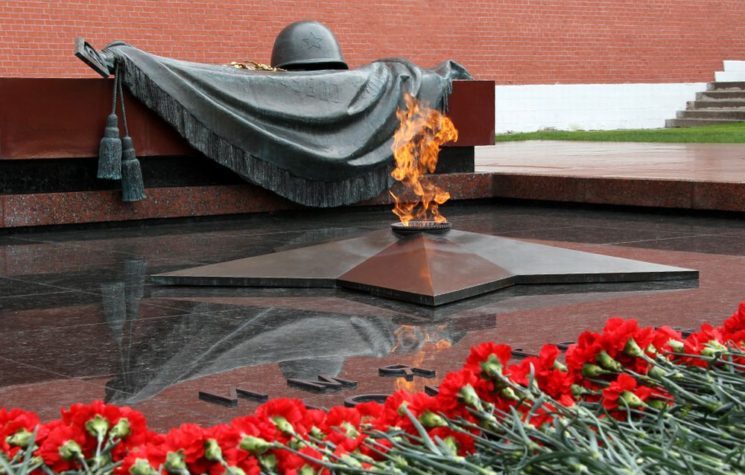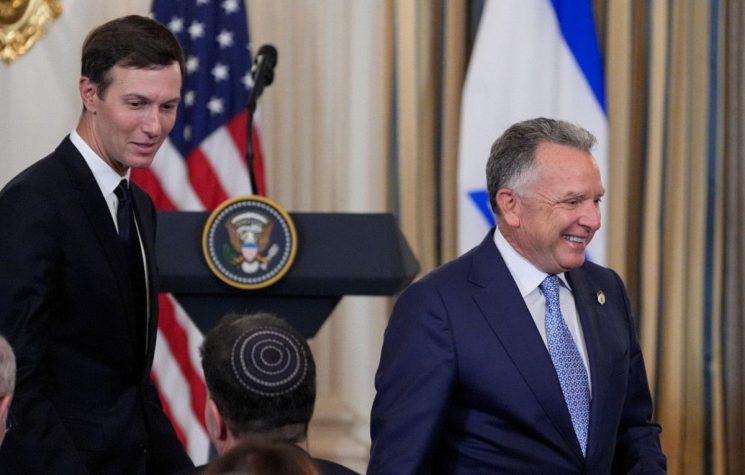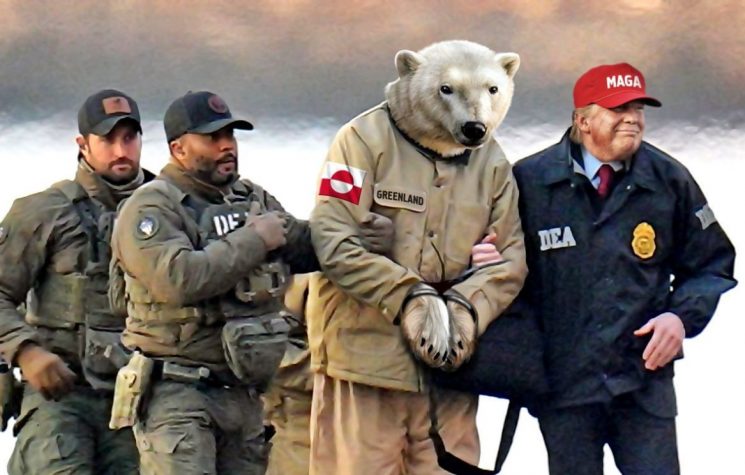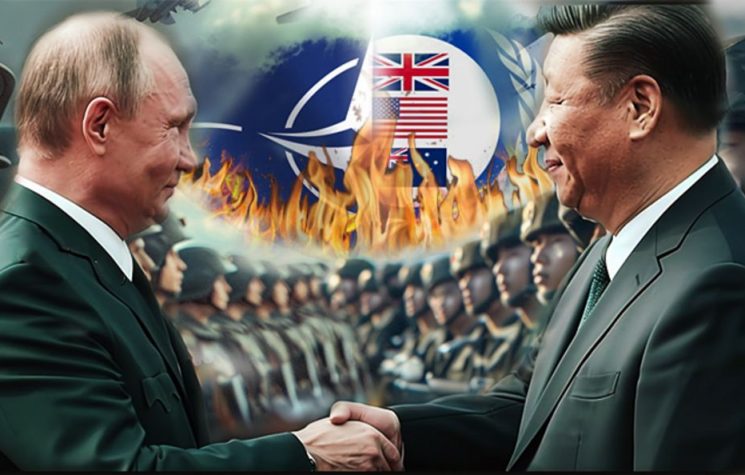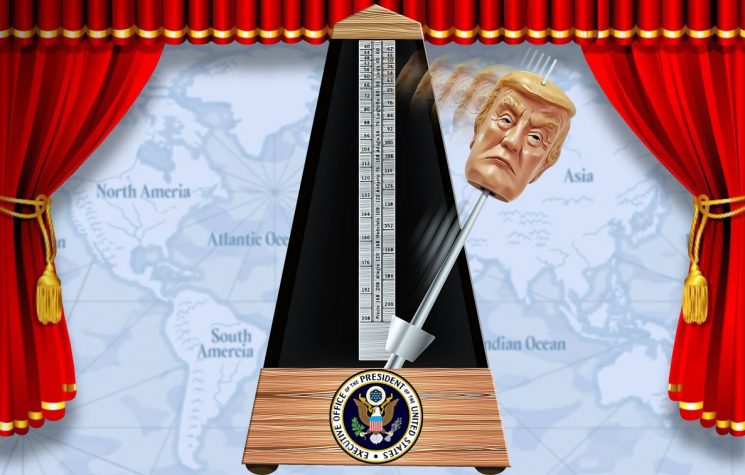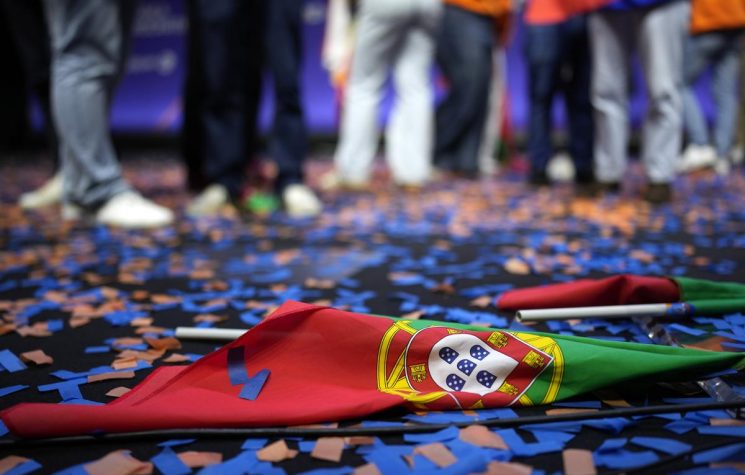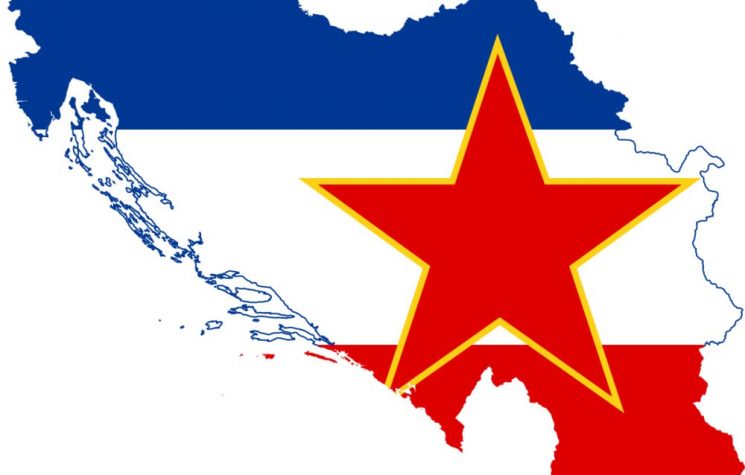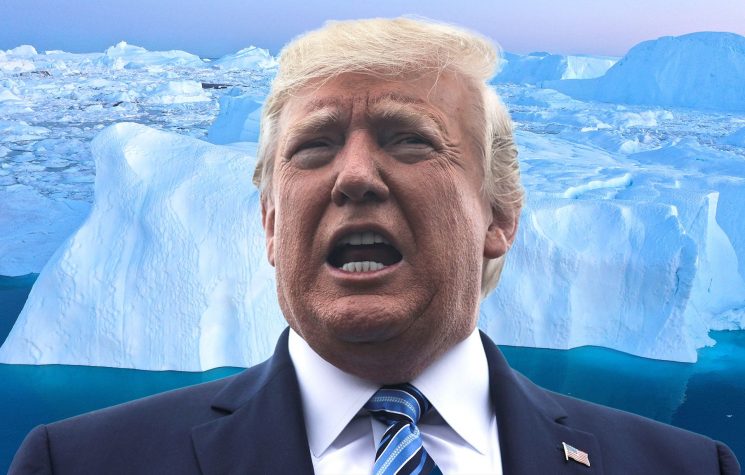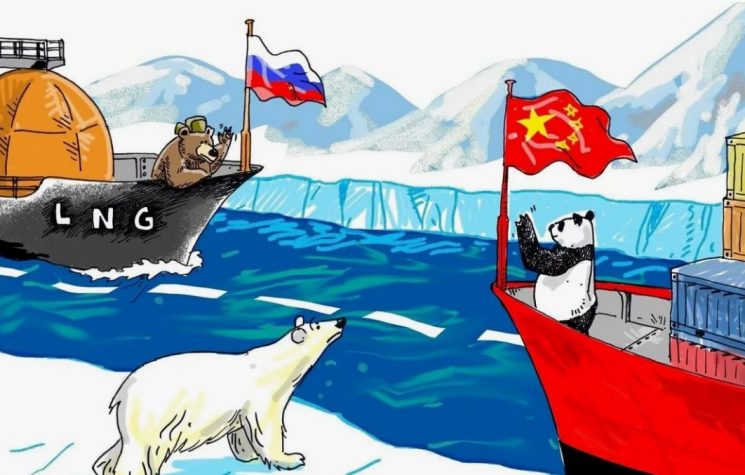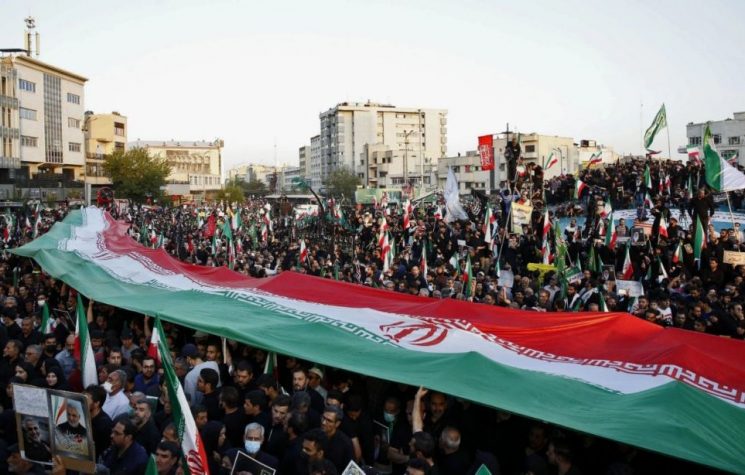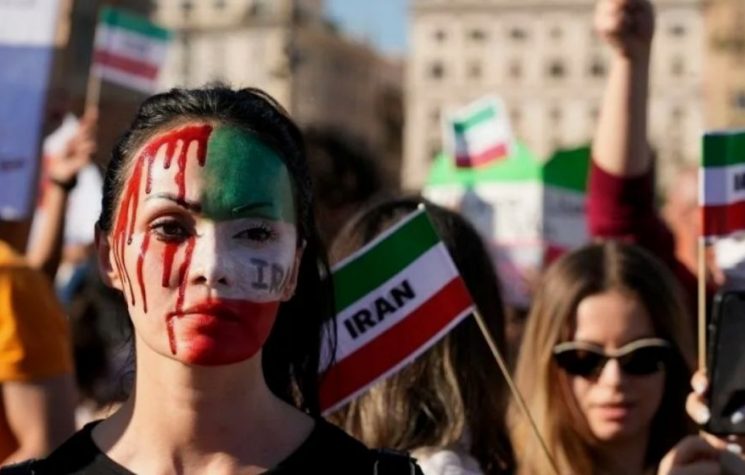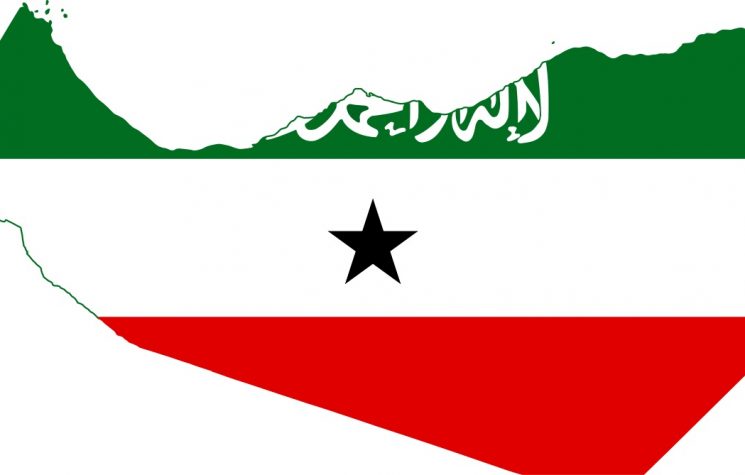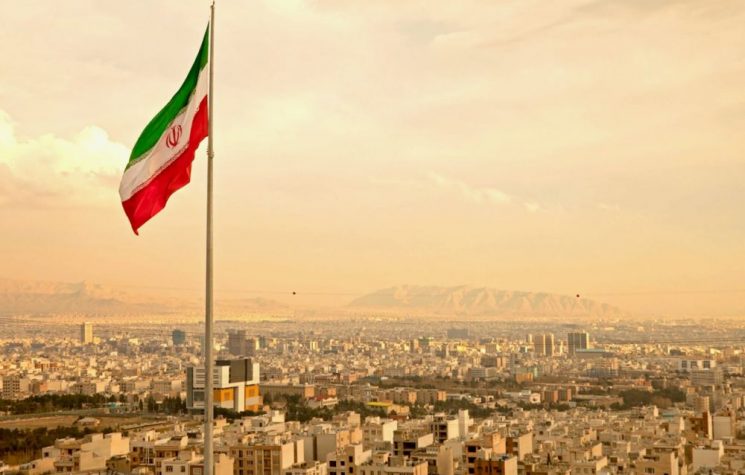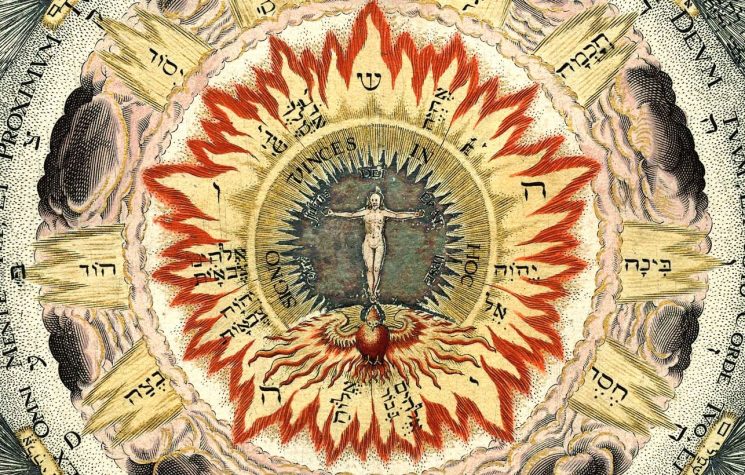A considerable amount of baggage has become attached to the word “European” over the half-millennium that Europe has dominated the world. There’s the geographical meaning – from the Atlantic to the Urals – but, because Europe is a peninsula on the western end of Asia, the frontier is subject to debate. Diplomats sometimes use the word to mean members of the European Union. But the most important meaning is the value-laden one – to be “European” is to be modern, civilised, rational, to hold “values”, to be successful. To be powerful. Not to be “European” is to be none of these things, perhaps even their opposites. Europeans are rulers and exemplars; the others are subjects and inferiors. Throughout the period of European domination, to be considered “European” was favoured and to adopt European habits, dress styles, education and appearance was desirable. Not to be “European”, on the other hand, was an insult: your culture didn’t make the grade. This meaning is commonly found today, especially in the smug phrase “European values“.
I have been considering writing this essay for some years but have put off doing so because I know that for many readers “Europe” means “best” and to say Russia is not European is to say that it’s not good enough. But at last President Putin has given me the opening: “Россия – это не просто страна, это действительно отдельная цивилизация“. “Russia, it’s not simply a country it is certainly a separate civilisation”. And who would dare disagree with him?
I have always regarded Russia, to quote Macron’s term, as a civilisation-state. It is its own thing – not European not Asiatic, it’s Russian. If we use Toynbee’s nomenclature it, like Western Christendom, is a daughter society of the Hellenic society.
To make my argument I will use Toynbee’s methodology in his Study of History to determine what he calls a “society” – a distinct, self-contained entity about which history in the largest scale can be studied. Is Britain one of these? is it, as many Britons thought in his day, a stand-alone culture? His argument was to imagine a history of Britain in a series of chapters. Let us start the book with a first chapter: Celtic Britain. Immediately there is a problem because a huge footnote has to be inserted to explain who the Celts were and where they came from because they didn’t originate in Britain; they arrived there fully-formed, so to speak. Then Chapter 2 might be Roman Britain. Again a huge footnote to explain their non-British origins and history. Then Chapter 3 about the Saxons and again a big footnote. Chapter 4 The Normans and so on. In short each chapter of British history leads one to huge digressions outside of Britain; therefore, Toynbee argued, Britain must be a part of some other society which has a more-or-less self-contained story – Celts, Romans, Saxons and Normans all originate in Europe; no footnotes are needed. This seems to me to be a powerful argument.
Let us apply it to Russia and Europe. We’ll start our European history – you have to start somewhere – with Chapter 1 The Roman Empire. We’d speak about its origin, its conquests, its decay, its legacy. There’s no similar chapter in our Russian book: Russia wasn’t part of the Roman Empire and, in fact, there isn’t much history of Russia up until the 800s. Chapter 2 of our Europe history book would probably be Christianity; Russia and Europe share that but again there’s a big difference. The Roman Empire became officially Christian in the early 300s and the religion spread throughout the Empire. Missionaries from Europe spread the word out to and past the limits of the Empire to Germany and Ireland. The Russian experience is both later and different: Grand Duke Vladimir made a conscious, top-down decision to Christianise and adopted the Christianity of Byzantium; European Christianity was Rome-centred from the start. Chapter 3 of our European history book would cover Charlemagne and the re-creation – independently of Constantinople – of a Christian Roman Empire centred on the formerly pagan and barbarian invaders; nothing like that in Russia which still has two centuries to go before it’s Christianised. Chapter 4 might be the Empire-Papacy struggle – nothing like that in Russia. Chapter 5 is The Renaissance and again there no equivalent in Russia. In fact, you could write most of the European history book without ever mentioning the word “Russia” up until the 1700s.
What of the Russian history book? Its Chapter 1 would probably be about the Varangians and the creation of a region of loosely connected city states at least nominally Orthodox; much of this story would be somewhat mythical or archaeological. Chapter 2 would cover the development of what is now called Kievan Rus, the trade with Byzantium and the many contacts with Europe – a Russian became Queen of France. At this point one could argue (leaving aside the growing importance of the difference of religion particularly after the Great Schism of 1054) that Russia and Europe might have become so entwined as to become one. But our Russian Chapter 3 brings the difference that is all the difference: The Mongols. In a series of lightning campaigns the Mongol forces overran the Russias, destroyed Kiev and forced all the Russian principalities to submit to Mongol rule and to give tribute. Nothing like this happened in Europe, although it might have: the Mongol forces retreated from Hungary in 1242 and never returned. This is another Great If of history; had the Mongols continued to the Atlantic, a second possible entwining of Russia and Europe might have happened. But they departed Europe and remained in Russia.
Much has been written about the effect of Mongol rule on Russia’s development but all agree that it shaped its future very strongly. The two and a half centuries of what the Russians call the “Tatar yoke” cover a time in contemporary Europe that begins when Thomas Aquinas is a boy and ends when Columbus is a young man – a period of enormous change in European civilisation. But in Russia they are years of compliance, endurance and resistance. The recovery of the “Russian Lands” was led by Muscovy, formerly a not very important part of Russia. The textbook date for the end of the “Tatar yoke” was the withdrawal of Mongol forces in the face of a Russian army at the Ugra River in 1480 but it was actually only with Catherine’s regathering of Crimea and “New Russia” in the late 1700s that the very last Mongol ruler of Russian Lands was displaced.
So, our hypothetical European and Russian history books have quite different chapters and that means that they have quite different histories; we’re talking about two things, not one thing.
Europe became immensely powerful in the 1500s, conquered the rest of the world and minor European players like Belgium snatched a pierce for themselves. Even mighty China was subjugated – its “century of humiliation”. Russia was one of the very few exceptions; despite several tries, Europe never conquered it. Peter the Great Europeanised Russia, built a navy, founded the gun factories at Tula, shaved beards, eliminated caftans and required the upper classes to dress like French dancing masters. He did it in order to better prepare Russia to fight Sweden, at that time the dominant power in the area. When Charles XII was defeated by Peter at Poltava in 1709 Russia arrived on the European scene as a great power that had to be taken into account. A century later, Emperor Alexander was one of the five people who redesigned Europe.
Europeans underestimate the importance of their skill at war, preferring to think that it was their values or their political skills or their modernity or their science that made them pre-eminent for five centuries. But their killing power (and their killing diseases) were mighty allies: “Whatever happens we have got The Maxim Gun, and they have not“. Peter, facing attack from Europe, learned European killing ways and so Russia remained independent. Many resisted Western aggression and failed – Tecumseh, Túpac Amaru, Cetshwayo, the Rani of Jhansi – but Peter succeeded. In short, Russia’s (and Japan’s) voluntary Europeanisation was motivated by the desire to learn the European way of war so as to keep independence. At Poltava in 1709, at Vienna in 1814, at Berlin in 1945, an independent Russia became a major force in Europe.
The realities that Europe was never able to conquer it, that Russians look and sound like Europeans on the surface, that in the European constellation Russia is a Great Power have caused no little confusion. Many people have come to believe that Russia is a part of European civilisation but a defective part: a European country, but a bad one. But, once one realises that Russia is not a European country and has a quite different history that moved in parallel with little contact for centuries, one can see past these illusions. Different forces shaped it and different results happened.
Not inferior, not “Asiatic”, not uncivilised, not uncultured; different. A “civilisation state”. As is China.








